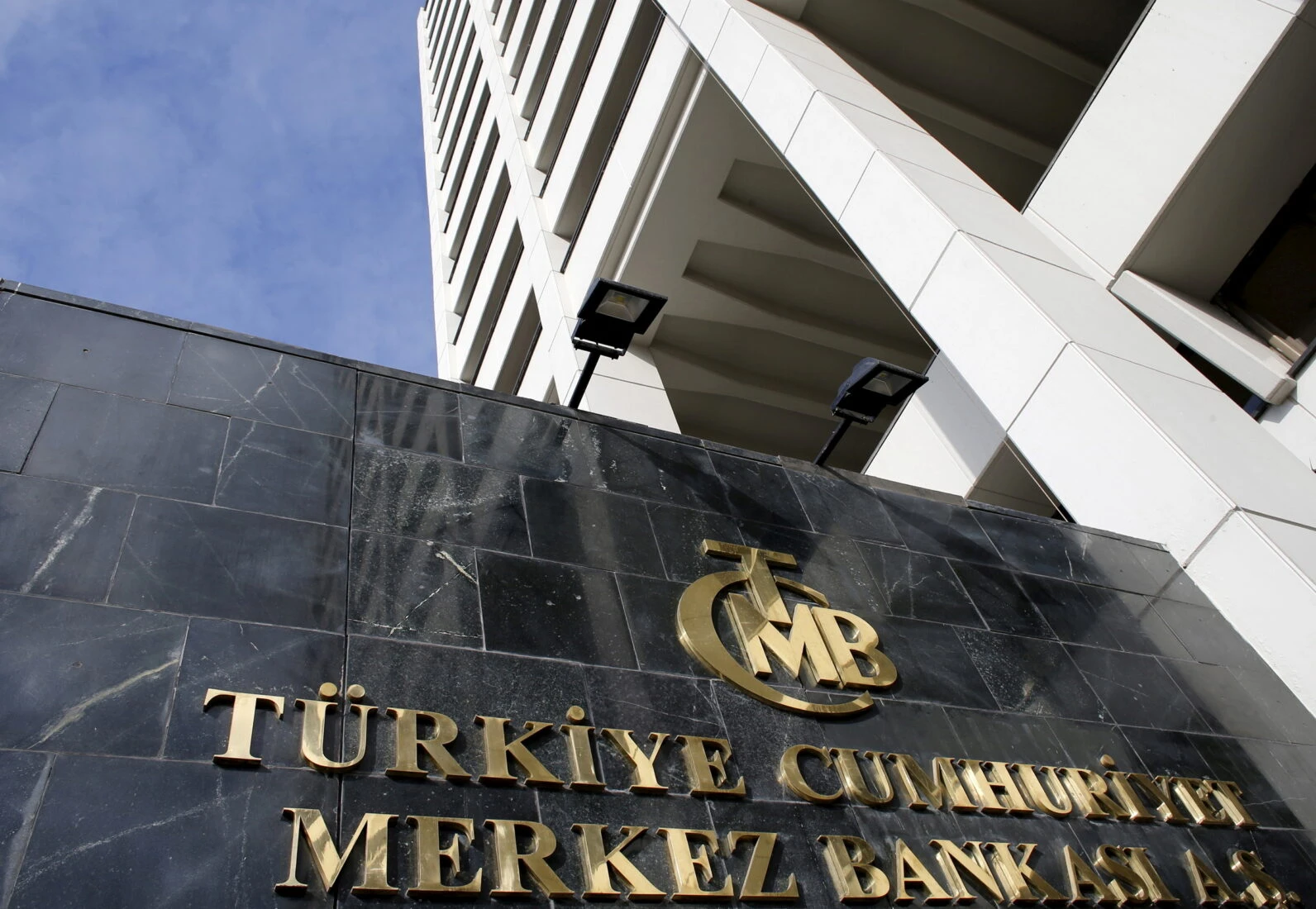U.S. makes its final offer to Turkey
An armor task force that had been assigned to attack northern Iraq from Turkey would have to be reassigned to Kuwait, already crowded with armor, military sources said. That could add days or weeks to the original timeline of war beginning in early March, and could add greater risk to some troops.
They would have to travel hundreds of miles to reach their objectives in northern Iraq, leaving the initial occupation of northern Iraq and protection of the oilfields there to much lighter allied forces.
Defense Secretary Donald Rumsfeld said he believed that Turkey ultimately would cooperate "one way or another." Regardless of the outcome of negotiations, he said, an invasion of Iraq can be launched without using Turkey as a staging area.
"Obviously, the more assistance one gets, the easier it is," Rumsfeld said. "The less assistance one gives, the more difficult it is. But nonetheless, it’s doable and there are work-arounds."
Meanwhile, a U.S. official said Secretary of State Colin Powell bluntly told Turkish Prime Minister Abdullah Gul in a telephone call Wednesday that negotiations over U.S. economic aid were over and the administration’s last offer was on the table.
Powell "stressed the importance of reaching a decision very soon," State Department spokesman Richard Boucher said.
This latest international obstacle along the path to war emerged as U.S. and British diplomats continued working for a new U.N. resolution sufficiently strong to give them authority to attack Iraq but ambiguous enough to assure passage.
"We’re basically there," said one U.S. official, speaking on condition of anonymity. "We’re at the point of dotting the i’s and crossing the t’s."
The official said the new resolution "does not break new ground. It summarizes all of the last opportunities that the Security Council has given the Iraqis." It would "implicitly" contain a deadline, the official added.
The resolution, which the U.S. and British delegations would present together, is likely to be offered by early next week, perhaps as soon as Thursday. Its fate remained unclear. France, Russia and China – all with veto power on the Security Council – favor more U.N. weapons inspections rather than immediate military action.
The disagreement between the U.S. and Turkey is based, at least publicly, on financial considerations. Turkish officials said they want $10 billion in U.S. grants and $20 billion in loans. The Turkish television network NTV said the United States has offered $7 billion in grants and an undisclosed amount of debt forgiveness.
At the White House, spokesman Ari Fleischer said the bargaining had come to an end. "Turkey has heard authoritatively what the position of the United States government is and now Turkey has a decision to make," Fleischer said. "But the military of the United States is sufficiently flexible that whatever decision is made, the United States will still be successful in carrying out any military operations."
Administration officials said the urgent need to come to agreement on the aid deal reflects the Pentagon’s desire to position troops. "Defense officials clearly need to move ahead with planning," said one official, speaking on condition of anonymity.
Also Wednesday, NATO formally approved the deployment of defensive military equipment to Turkey, which fears a retaliatory Iraqi strike if war erupts. AWACS radar aircraft, Patriot missile systems and chemical-biological response units will be shipped to Turkey within the next three weeks, NATO officials said.
President Bush declined to take questions during an Oval Office meeting with NATO Secretary-General George Robertson. But the president praised the NATO deployment, saying that it would "help protect our Turkish ally from a potential attack from Iraq."
In other developments:
Bush discussed Iraq and the war on terrorism Wednesday morning by telephone with the emir of Qatar and Indonesian President Megawati Sukarnoputri, Fleischer said.
Iraqi dictator Saddam Hussein said Iraq "doesn’t want war" but will defend itself against a military strike. "We shall not relinquish our independence, our dignity and our right to live and act freely," Saddam told a delegation of Russian lawmakers.
Meanwhile, U.N. weapons monitors inspected at least three more sites.
Secretary of State Colin Powell, in an interview with French radio, appeared to criticize the French as being "afraid" to confront Iraq, a statement that reflected current tensions between the Bush administration and some traditional U.S. allies.
"It is not a satisfactory solution to continue inspections indefinitely because certain countries are afraid of upholding their responsibility to impose the will of the international community," Powell told France-Inter radio.
Back at the United Nations, an open debate on how to proceed with disarming Iraq concluded much the way it began Tuesday – with dozens of nations arguing that Iraq must comply with U.N. demands that it disarm but that now is not the time for war.
None of the countries offering opinions can vote on Security Council resolutions. Asked what was accomplished by the two-day airing of views, one council diplomat said: "Very little."


